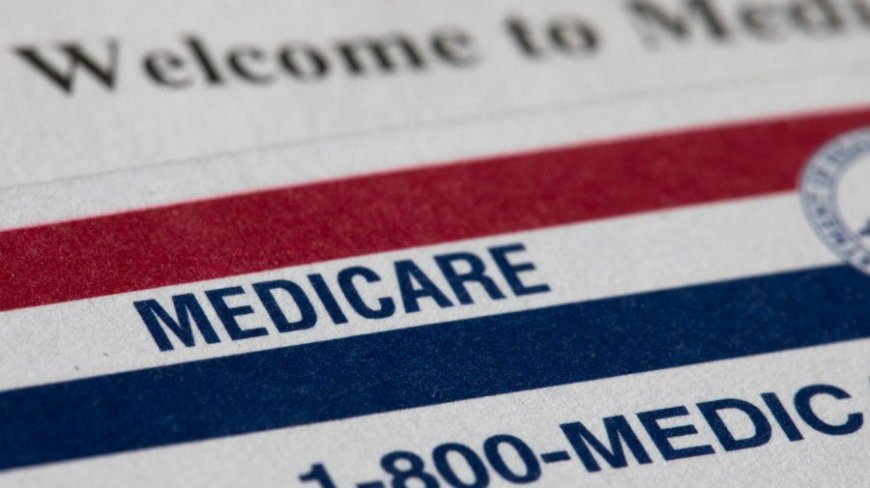While U.S. District Judge Michael J. Newman found that the U.S. Chamber of Commerce had standing to sue, the three other plaintiffs in the case — the Dayton Area Chamber of Commerce, the Ohio Chamber of Commerce and the Michigan Chamber of Commerce — did not.
These groups argued they had associational standing to sue on behalf of a member organization, in this case the pharmaceutical company and its subsidiary Pharmacyclics.
But both these companies are based outside of Ohio and Michigan, and Newman found arguments suggesting an association between the drugmakers and the regional chambers of commerce were weak.
“Pharmacyclics and AbbVie are large pharmaceutical companies that could have sued on their own in a federal court in a different state. Instead, Plaintiffs have attempted to manipulate the system and manufacture standing to obtain a favorable venue,” he wrote.
This is the latest lawsuit challenging Medicare negotiations to be tossed.
Lawsuits filed by PhRMA, Novo Nordisk, Bristol Myers Squibb, Johnson & Johnson, Boehringer Ingelheim and Astellas Pharma have also been dismissed, ruled against in summary judgement or voluntarily dismissed by the plaintiffs themselves.
Medicare negotiations on the first 10 drugs officially ended at the start of this month. They're expected to be announced on Sept. 1.
Though lawyers representing drugmakers and trade groups have been arguing irreparable harm from this program in court, pharmaceutical execs have been telling shareholders and analysts that the final prices won’t affect their bottom line.
“Now that we have seen the final price, we’re increasingly confident in our ability to navigate the impact of IRA on Eliquis,” Chris Boerner, CEO of Bristol Myers Squibb, said during an earnings call last month.































































